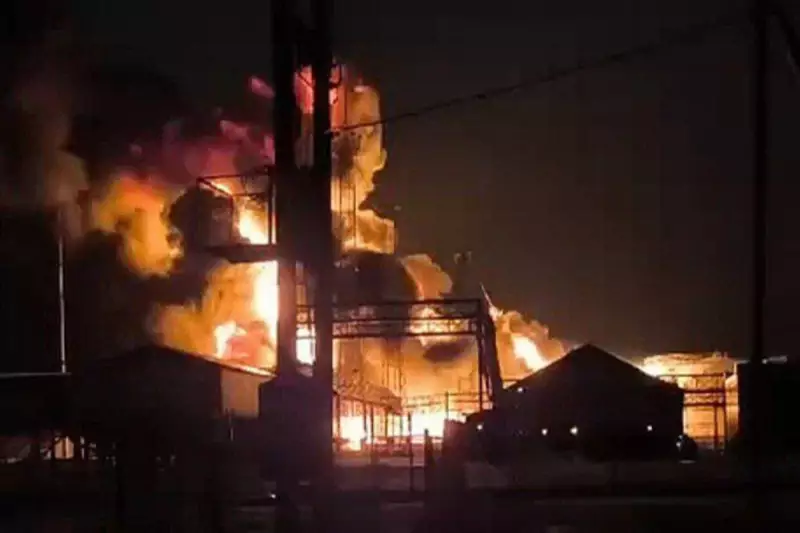
In a significant escalation of domestic security measures, the Kremlin has enacted a series of new laws designed to counter Ukraine's increasing ability to strike deep within Russian territory. This legislative push comes as Kyiv continues to refine its long-range assault capabilities, targeting critical energy infrastructure with drones and missiles.
New Laws for a Prolonged Conflict
The Russian government, under Vladimir Putin, has introduced a raft of sweeping legal changes acknowledging that the war is likely to continue. A key new law allows Moscow to call up military reservists to help guard key infrastructure, including oil and gas sites. At least 20 Russian regions have already started this process, potentially mobilising some two million people without the political fallout of declaring a full, new mobilisation.
However, experts are sceptical about the availability of manpower. Military analyst Alexei Alshansky told The Moscow Times that if there had been enough reservists during the 2022 mobilisation, the authorities “wouldn’t have had to go out onto the streets and chase people”. A manager at a major Russian oil and gas company conceded to an independent outlet that while “even ten extra men with Berdan rifles would be a boost,” a handful of reservists are no substitute for proper air defence systems.
Digital Defence and Harsher Penalties
Alongside the physical guarding of sites, Moscow is experimenting with digital countermeasures. To stem the flow of Ukrainian drones that use mobile networks for guidance, Russia has begun temporarily cutting off internet access for SIM cards that connect to foreign networks or remain offline for several days. This 'cooling' measure aims to prevent drones with LTE modems from connecting to local telecommunications networks.
In a parallel move to deter internal sabotage, the Kremlin has introduced drastically harsher penalties. The new legislation lowers the age at which a person can be charged with sabotage from 16 to 14 and abolishes statutes of limitations for such crimes. Furthermore, it bars suspended sentences for sabotage and restricts parole until at least three-quarters of a sentence is served. Lawmakers cited the recruitment of young Russians by foreign intelligence services as a key reason for these amendments.
Strategic Impact on the War Effort
These defensive measures are a direct response to months of successful Ukrainian attacks on Russian energy sites. While these strikes alone may not force Putin to the negotiating table, they have a tangible impact. The damage contributes to spikes in domestic energy prices, which in turn risks eroding public support for the continuing war.
The need for “special training sessions” for BARS reservists highlights the persistent vulnerability of Russia's rear lines. According to reports from the exiled outlet Verstka, this initiative was rushed through at the Kremlin’s direction, with the Duma prepared to extend benefits and perks to participants if necessary. This comprehensive legal and military response underscores a clear recognition by Moscow that the threat from within its own borders is both lethal and disruptive.





